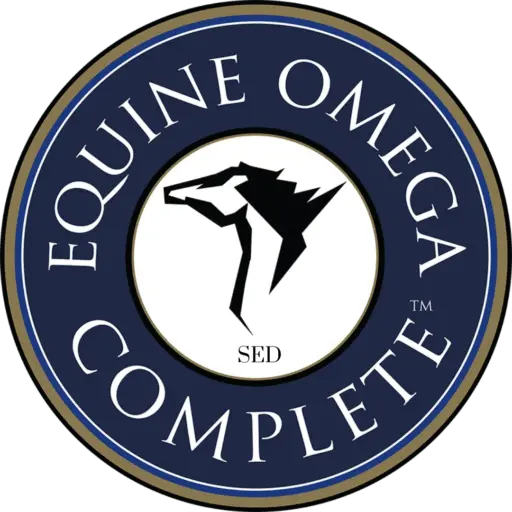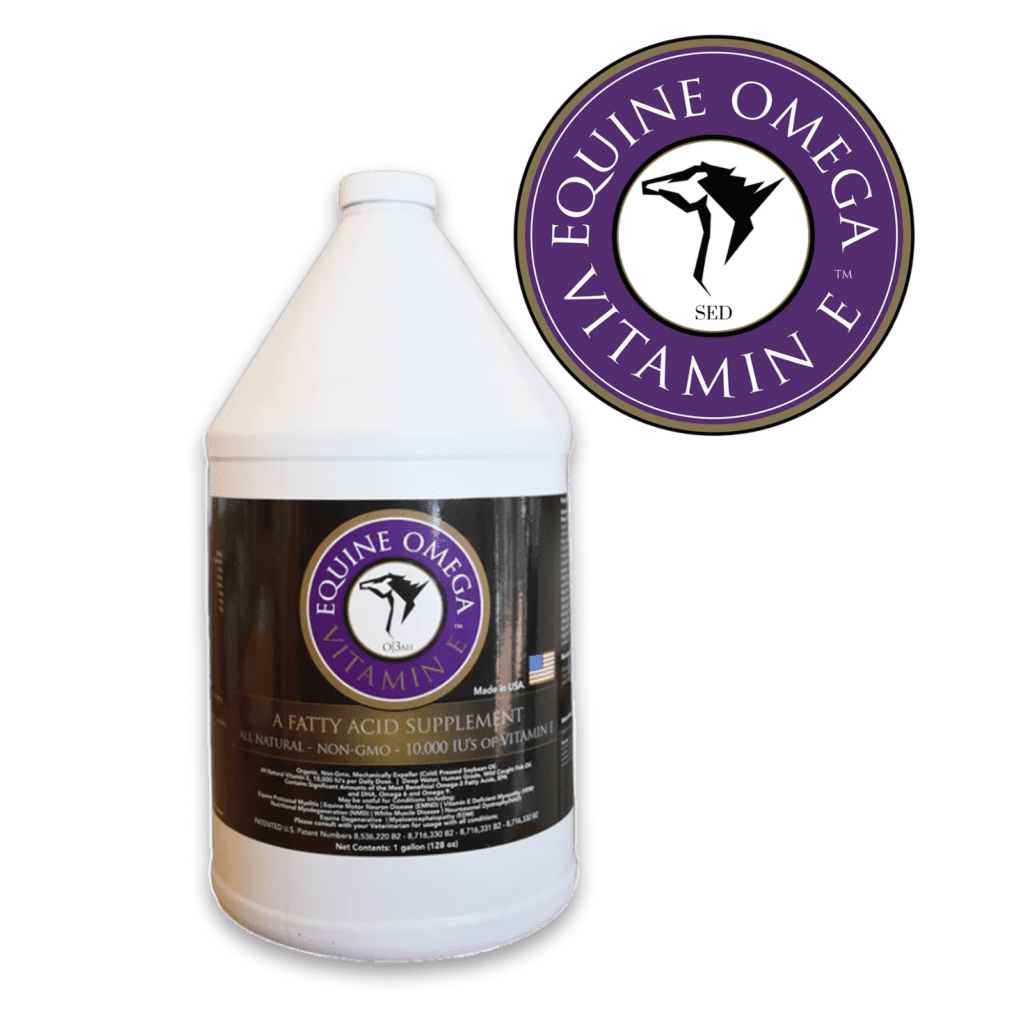Introduction
Vitamin E is a powerful nutrient essential to maintaining overall health and well-being. As an essential fat-soluble vitamin, it is a potent antioxidant and supports various bodily functions. In this article, we will delve into vitamin E’s wonders, its sources, functions, and the numerous benefits it offers for both humans and animals.
Vitamin E as an Antioxidant
Vitamin E is not only a vital nutrient but also nature’s antioxidant powerhouse. As an antioxidant, it plays a crucial role in protecting the body’s cells from oxidative damage caused by harmful free radicals. Free radicals are unstable molecules that can wreak havoc on cells, leading to a cascade of damaging effects and contributing to the development of chronic diseases.
One of the primary functions of vitamin E is to prevent the oxidation of lipids, or fats, within cell membranes. By doing so, it safeguards the integrity and stability of these membranes, maintaining their structure and preserving cellular health. When cells are exposed to oxidative stress, vitamin E steps in, neutralizing free radicals and preventing them from causing damage.
The antioxidant properties of vitamin E extend to the entire body, benefiting various organs and systems. By reducing oxidative stress, it helps to protect the cardiovascular system, minimizing the oxidation of low-density lipoproteins (LDL) cholesterol, often referred to as “bad” cholesterol. This protection against LDL oxidation helps prevent the buildup of plaque in arteries, reducing the risk of heart diseases such as atherosclerosis and heart attacks.
Furthermore, vitamin E’s antioxidant activity extends to the skin, where it acts as a natural protector against damage caused by UV radiation and environmental pollutants. Exposure to sunlight and pollution can generate free radicals that harm the skin’s collagen fibres and cellular components, contributing to premature aging, wrinkles, and skin disorders. Vitamin E counteracts these effects by neutralizing free radicals and promoting skin health, moisture, and elasticity.
Dietary Sources of Vitamin E
Incorporating foods rich in vitamin E into your horse or dog’s diet is crucial for providing them with this essential nutrient and reaping its numerous health benefits. Vitamin E can be obtained from various plant-based and animal-based sources or as an added in a concentrated liquid form.
Liquid vitamin E is a concentrated form of vitamin E that typically comes in a liquid or oil-based form. It allows for precise dosing and can be easily added to feed or administered orally. Liquid vitamin E supplements often use a form of vitamin E called alpha-tocopherol, which is the most biologically active form for animals.
When considering dietary sources of vitamin E, it’s important to note that this nutrient exists in several forms, with alpha-tocopherol being the most biologically active form for horses and dogs. However, the complete vitamin E complex comprises eight compounds: alpha, beta, gamma, and delta tocopherols and alpha, beta, gamma, and delta tocotrienols. Each form has unique properties and benefits, so providing a diverse range of vitamin E forms through dietary sources is beneficial.
To maximize the absorption of vitamin E from food sources, serving them alongside healthy fats is recommended. Vitamin E is a fat-soluble vitamin that requires fat for optimal absorption. Adding a small amount of healthy oil, such as fish oil, to your equine or canine’s meal can enhance the bioavailability of vitamin E and ensure it is properly absorbed and utilized by the body.
It’s important to remember that the specific vitamin E requirements for horses and dogs may vary depending on age, size, and activity level. Consulting with a veterinarian can provide valuable guidance on the appropriate dosage and dietary sources of vitamin E for your animal companion.
While dietary sources of vitamin E are essential for meeting your horse or dog’s nutritional needs, it’s also worth considering high-quality vitamin E supplements. These supplements can be a convenient and reliable way to ensure your equine or canine receives adequate vitamin E levels, especially when limited or insufficient dietary sources.
Pastureland as a Source of Vitamin E
Fresh, green pasture is generally a good source of vitamin E, especially when it is in its growing and vibrant stage. Horses that have continuous access to such pasture can naturally obtain a portion of their vitamin E requirements.
High-quality pasture, particularly rich in diverse forage species, provides horses with a varied diet that can contribute to their overall health and well-being. Different grasses and plants contain varying levels of vitamin E, so having access to a diverse range of forage sources increases the likelihood of horses consuming adequate levels of this essential nutrient.
However, it’s important to consider that the vitamin E content in pasture can vary depending on factors such as the type of grasses and plants, their stage of growth, and environmental conditions. Additionally, the vitamin E content in fresh forage may gradually decline over time, especially during drought or when grass is grazed in winter pastures. Furthermore, vitamin E is susceptible to degradation when exposed to light, heat, and air, which can occur during storage or processing of hay.
While all-day access to high-quality pastureland is beneficial and can contribute to a horse’s vitamin E intake, it may still be necessary to monitor the vitamin E levels and consider additional supplementation. This is especially important for horses with higher vitamin E requirements due to factors such as growth, reproduction, or athletic performance. Supplementing the diet with vitamin E-rich sources such as fortified feeds, wheat germ oil, or specific vitamin E supplements can help ensure horses receive optimal levels of this essential nutrient.
It is recommended to consult with an equine nutritionist or veterinarian to assess the specific needs of horses and determine if additional vitamin E supplementation is necessary, even with all-day access to high-quality pastureland. They can provide guidance on monitoring vitamin E levels, assessing the quality of the pasture, and formulating a balanced diet that meets the individual horse’s requirements for overall health and performance.
Vitamin E at Work
In addition to its antioxidant properties, Vitamin E plays a crucial role in the day-to-day functions of a horse and dog’s body, supporting overall health and well-being.
Immune System Support
Vitamin E helps enhance immune cells’ function, including T and B cells, which are involved in immune responses. Adequate vitamin E levels contribute to the proper functioning of the immune system, enabling horses to fight off infections and diseases more effectively.
Muscle Health and Exercise Recovery
Essential for maintaining healthy muscle function, vitamin E protects muscle cells from oxidative damage during intense exercise and supports muscle repair and recovery. Supplementing with vitamin E is particularly beneficial for active horses and dogs engaged in strenuous activities, such as racing, agility training, or competitive sports.
Neurological Health
Adequate levels of vitamin E are important for maintaining optimal neurological functions in horses and dogs, including coordination, balance, and cognitive processes, and protecting nerve cells from oxidative damage.
Skin and Coat Health
Known for its positive effects on the skin and coat. It helps maintain healthy skin by supporting collagen production, which is essential for skin structure and elasticity. Vitamin E also contributes to a shiny and lustrous coat by promoting proper oil production and reducing dryness and flakiness. In addition, its antioxidant properties help protect the skin from damage caused by environmental factors.
Reproductive Health
Vitamin E also plays a role in maintaining the integrity and function of reproductive organs. In breeding animals, vitamin E supplementation may be beneficial for optimal fertility and reproductive performance.
Anti-Inflammatory Effects
A natural anti-inflammatory, Vitamin E may be particularly beneficial for animals with inflammatory conditions such as arthritis, allergies, or skin irritations.
Conclusion
Vitamin E is a remarkable nutrient that offers a wide range of benefits for both humans and animals. As a potent antioxidant, it protects cells from oxidative damage, supports immune function, promotes healthy skin, and contributes to various other vital functions in the body. Incorporating vitamin E-rich foods into your diet or considering appropriate supplementation can help ensure an adequate intake of this essential nutrient.
Equine Vitamin E
Equine Omega Vitamin E® provides 10,000 IU of absorbable natural d-alpha tocopherol (vitamin E) per serving suspended in soybean oil to maximize absorption of this essential fat-soluble vitamin. Equine Omega Vitamin E® is an excellent choice for horses on a hay-based diet. Lack of access to quality pasture can lead to vitamin E deficiency.


2 Responses